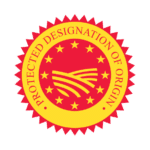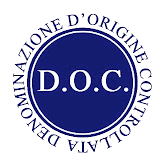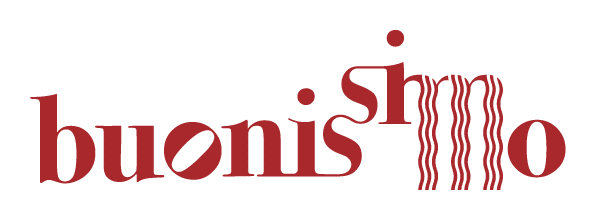We assume you’re here because you love authentic Italian food and wine. But have you considered what makes your favourite Italian foods truly authentic? Quick tip: look at labels when shopping and keep an eye out for these tell-tale acronyms: IGP, DOP and DOC. Have no clue what we’re talking about? Stai tranquillo! We’ve broken down what these acronyms mean and why they make your Italian products, well, Italian.
DENOMINAZIONE D’ORIGINE PROTETTA (DOP)

Most commonly found on foods like Prosciutto di Parma or Parmigiano Reggiano, DOP is translated in English to Protected Designation of Origin. This means that your beloved olive oils or salumi are made, processed, and packaged according to the traditions of a specific area in Italy under a number of regulations.
INDICAZIONE GEOGRAFICA PROTETTA (IGP)

When you see IGP – Indication of Geographic Protection – on food labels, this means the product quality and its reputation is linked to the place it’s made, processed, or prepared. This process is less strict than DOP products and requires only a portion of the production process to occur in a specific Italian region, whereas DOP products must be fully done in one place.
DENOMINAZIONE DI ORIGINE CONTROLLATA (E GARANTITA) (DOC/DOCG)

The DOC – Controlled (and Guaranteed) Designation of Origin – certification was created in When you see IGP – Indication of Geographic Protection – on your food or condiments label, this means that the quality of the product and the reputation behind it is linked to the place it’s made, processed, or prepared. This process is less strict than DOP products, and requires only a portion of the production process to occur in a specific Italian region, whereas DOP products must be fully done in one place.
HISTORY RUNDOWN
In the mid-1900s, Italian cuisine began gaining popularity worldwide, which isn’t a bad thing. The issue was that, with more popularity came a market full of low quality food and wine products that look Italian, but aren’t. That’s right, wine, prosciutto, cheese and olive oil were falling victim to knockoffs.
So Italy teamed up with the European Union to develop a system that would protect their culinary reputation. This system would ensure that food and wine producers followed a specific set of government regulations that preserved tradition and quality.
BIG QUESTION: WHY DO THESE CERTIFICATIONS MATTER?
Simply put, these certifications matter because they show that your favourite products are legally recognized as authentic by the European Union.
But they taste better, too.
By having a strict set of guidelines and regulations when producing these products, you can be sure that your food will taste just like it would if you were sitting at a restaurant in a small, Italian piazza. IGP, DOP and DOC regulations ensure that local wineries, farmers and food makers are preserving ancient traditions that can be lost in this digital-savvy world. The way animals eat, the air they breathe, and the atmosphere fruits and vegetables are grown in all matter when it comes to taste in authentic Italian food and wine.
So the next time you’re perusing grocery store shelves, give the label an extra glance to make sure you’re shopping Italian, truly. Learn more about the True Italian Taste project here. Visit www.italchambers.ca to stay up to date on our latest events and initiatives.



Auri Di Rocco
November 12, 2021 at 3:32 pmGreat Idea! Bravo!
Add a comment